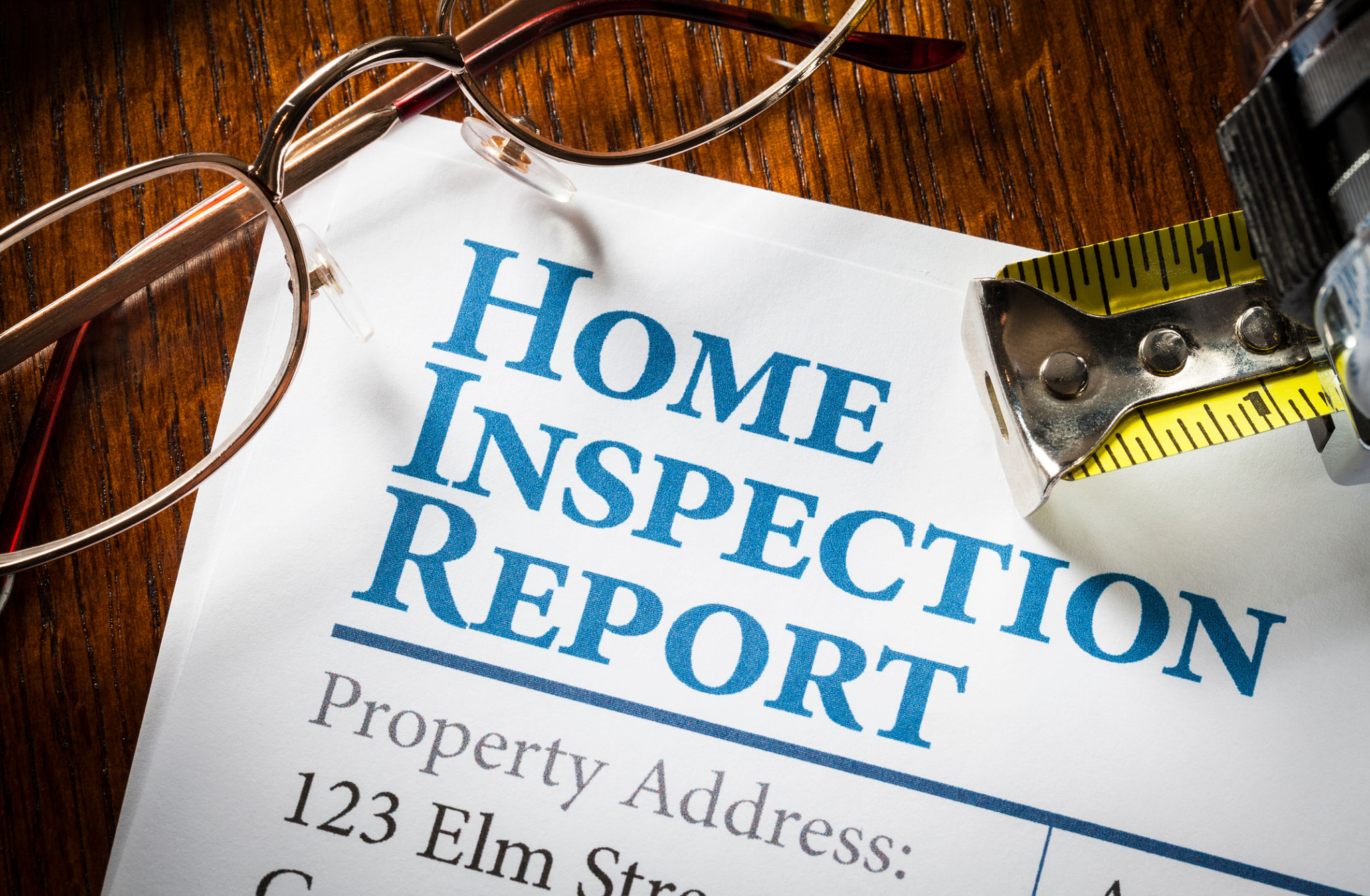How to Prepare for a Successful Field Inspection in Texas
Understanding the Importance of Field Inspection
Field inspections are critical components of the regulatory and compliance processes for various industries in Texas. Whether you are involved in construction, agriculture, or environmental management, a successful field inspection can mean the difference between continued operations and costly delays. Understanding the importance of these inspections and preparing accordingly is vital for any business operating in Texas.
In Texas, field inspections ensure that businesses comply with state regulations and safety standards. These inspections help maintain safety, protect the environment, and ensure the integrity of operational procedures. By preparing thoroughly, you can demonstrate your commitment to excellence and compliance.

Preparing Documentation and Records
One of the most critical steps in preparing for a field inspection is ensuring all necessary documentation and records are up-to-date and easily accessible. This includes permits, licenses, safety records, and any other relevant documentation specific to your industry. Keeping organized records not only helps during inspections but also aids in maintaining continuous compliance.
Consider maintaining both digital and physical copies of essential documents. Ensure that all employees are aware of where these documents are stored and how they can be accessed quickly if needed during an inspection. This proactive approach can save valuable time and demonstrate your business's preparedness.
Conducting a Pre-Inspection Audit
Conducting a pre-inspection audit can greatly enhance your preparation efforts. This internal review allows you to identify potential areas of non-compliance and address them before the official inspection. Involve relevant team members to ensure a comprehensive overview of operations.
During the audit, create a checklist based on previous inspections or standard industry guidelines. This checklist should cover all critical areas, including equipment safety, environmental impact measures, and employee training records. Addressing these factors beforehand can significantly reduce the likelihood of encountering issues during the actual inspection.

Training Employees for Inspection Day
Your employees play a crucial role in the success of a field inspection. Ensuring they are well-prepared and informed about what to expect on inspection day is essential. Conduct regular training sessions to familiarize them with inspection procedures and expectations.
Emphasize the importance of cooperation with inspectors and ensure employees understand the significance of their roles in maintaining compliance. Having knowledgeable staff on-hand during the inspection can make the process more seamless and efficient.
Ensuring Site Readiness
The physical readiness of your site is another important factor in preparing for a successful field inspection. Ensure that all areas are clean, organized, and free from hazards that could raise red flags during an inspection. Conduct regular maintenance checks on equipment to ensure everything is in working order.
Additionally, consider staging a walkthrough of the site with key personnel to identify any potential issues that might be overlooked. This proactive approach can help you address concerns before they become problems during an official inspection.

Communicating with Inspectors
Effective communication with inspectors is crucial for a successful field inspection. Build a rapport with local inspectors by maintaining open lines of communication throughout the year. This relationship can foster mutual respect and understanding when it comes time for official inspections.
During the inspection, be transparent and cooperative with inspectors. Provide them with any information they request promptly and be prepared to answer questions about your operations and compliance measures. Clear communication can help alleviate potential misunderstandings and contribute to a smoother inspection process.
Reviewing Inspection Outcomes
After the inspection is complete, take time to review the outcomes thoroughly. Analyze any feedback or reports provided by inspectors to understand areas where improvements might be needed. Use this information as a learning opportunity to enhance your compliance efforts moving forward.
If any issues were identified during the inspection, develop a corrective action plan to address them promptly. Demonstrating your commitment to resolving issues can positively impact future inspections and contribute to continuous improvement within your operations.
